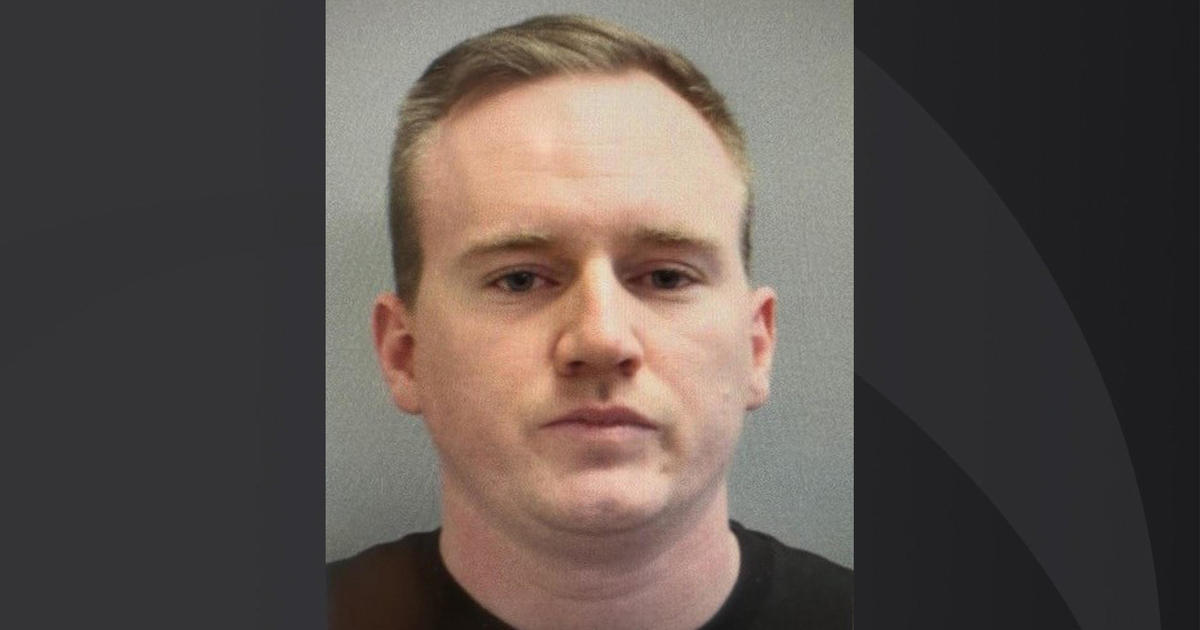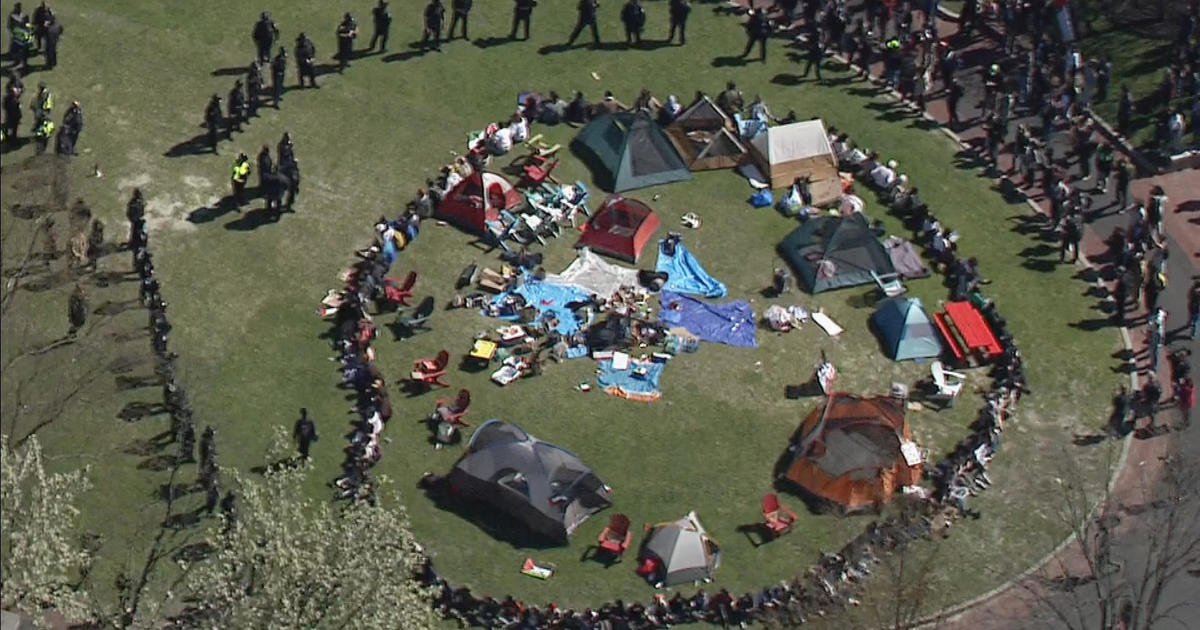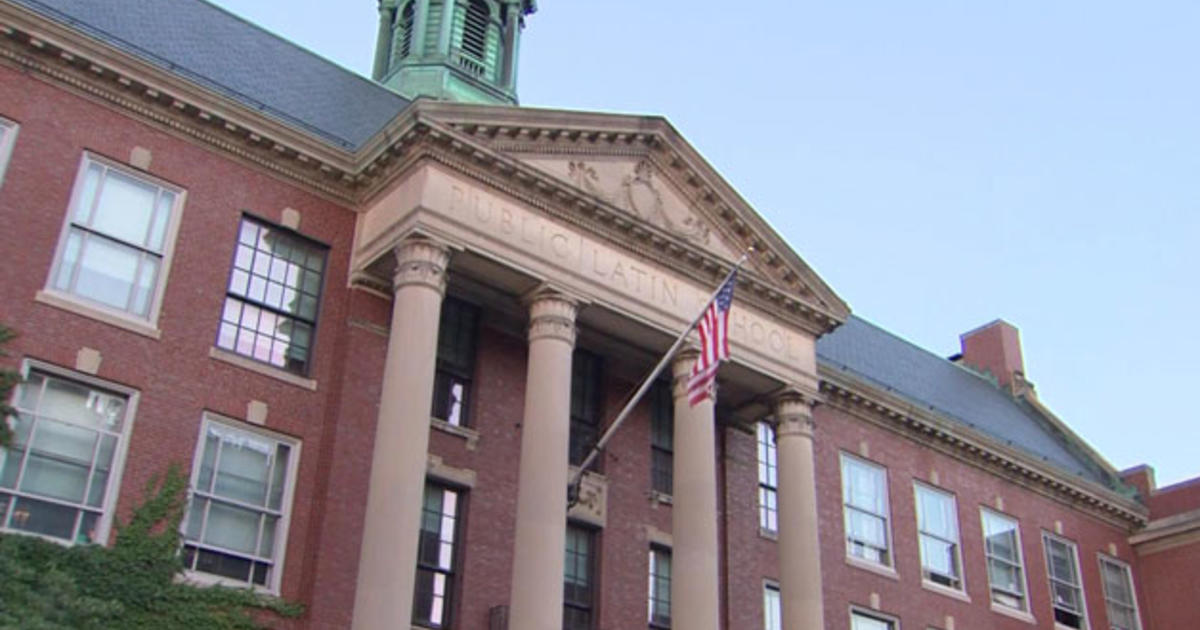Inspector General: Dookhan 'Sole Bad Actor' In State Drug Lab Scandal
BOSTON (CBS/AP) — A chemist who admitted faking test results in criminal cases was the "sole bad actor" in a scandal that forced the shutdown of a state drug lab in Boston, but the facility also was plagued by management failures, inadequate training and a lack of protocols, a report released Tuesday found.
The lab, formerly run by the Massachusetts Department of Public Health, was closed by state police in 2012 after chemist Annie Dookhan admitted she tampered with evidence and tested only a fraction of the samples she claimed to test while working at the lab. Dookhan is now serving a prison sentence of up to five years after pleading guilty to obstruction of justice and other charges.
WBZ NewsRadio 1030's Lana Jones reports
Inspector General: Dookhan 'Sole Bad Actor' In State Drug Lab Scandal
The scandal threw the state's legal system into turmoil as the courts were flooded with requests for new trials and dismissal of charges in cases where Dookhan had tested substances turned over to the lab by local police departments.
In the report released Tuesday, Massachusetts Inspector General Glenn Cunha said his 15-month investigation found no evidence that any other chemists at the lab committed wrongdoing. But he said management failures by lab directors "contributed to Dookhan's ability to commit her acts of malfeasance."
"The directors were ill-suited to oversee a forensic drug lab, provided almost no supervision, were habitually unresponsive to chemist's complaints and suspicions, and severely downplayed Dookhan's major breach in chain-of-custody protocol upon discovering it," the report said.
The scandal led to the resignation of the state's public health commissioner, the resignation of a manager at the lab and the firing of another manager.
Cunha's report said the lab failed to provide potentially exculpatory evidence in criminal cases by not disclosing information about additional, inconsistent testing results. He said his office is now in the process of retesting approximately 2,300 drug samples to determine whether the results were accurate.
Cunha also found that the lab lacked formal and uniform protocols for many of its basic operations, including testing methods, caused in part by its lack of accreditation. His investigation also concluded that the lab's quality control system focused mainly on the functionality of the lab's equipment and was ineffective in detecting malfeasance, incompetence and inaccurate results.
"Let's be clear, Dookhan's behavior did not go unnoticed," Cunha said. "Other chemists repeatedly complained to supervisors about Dookhan. Those complaints fell on deaf ears."
Cunha made a number of recommendations, including that all forensic drug chemists should receive extensive training before analyzing any drug samples and should also participate in expert witness training and a mock trial program before testifying in court. Chemists should also receive ethics training to "ensure they remain unbiased in their forensic science responsibilities," he said in the report.
State officials have estimated that Dookhan worked on more than 40,000 cases during her nine years at the lab.
(TM and © Copyright 2014 CBS Radio Inc. and its relevant subsidiaries. CBS RADIO and EYE Logo TM and Copyright 2014 CBS Broadcasting Inc. Used under license. All Rights Reserved. This material may not be published, broadcast, rewritten, or redistributed. The Associated Press contributed to this report.)
MORE LOCAL NEWS FROM CBS BOSTON



